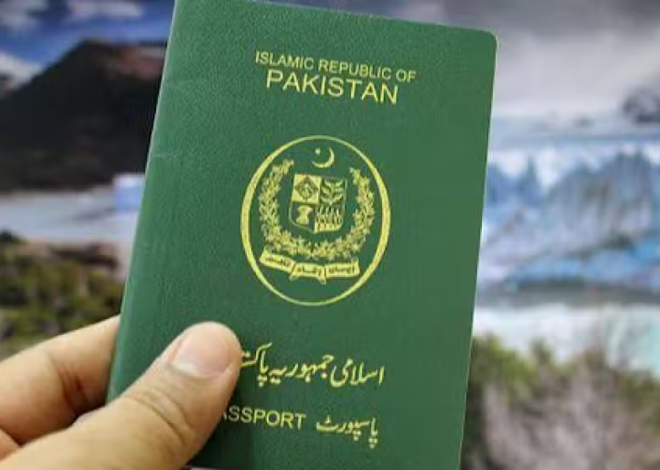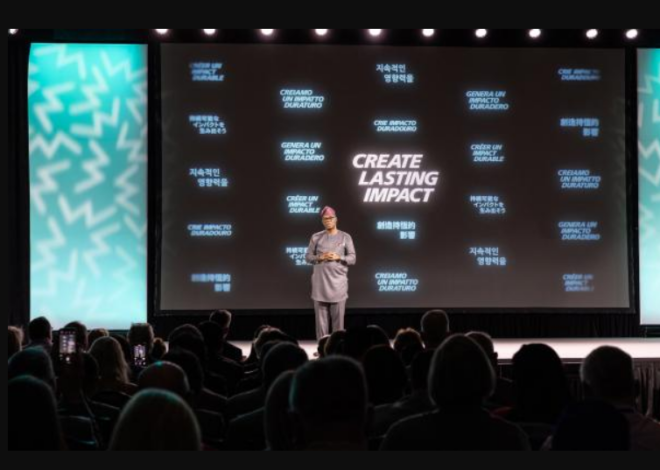
Gen Z Job Seekers Increasingly Rely on Parents During Hiring Process
A new study has revealed a surprising workplace trend: a significant number of Gen Z job seekers are involving their parents in the hiring process. From sitting in on interviews to negotiating salaries, parental participation has become a notable factor in how young workers are entering the professional world.
According to research conducted by ResumeTemplates, 77 percent of Gen Z applicants admitted to bringing a parent to at least one job interview. The findings have sparked discussions among employers, career experts, and job seekers themselves about professionalism, independence, and workplace readiness.
Parents in the Interview Room
The study highlighted the extent of parental involvement during interviews. Among Gen Z workers surveyed, 40 percent said their parents actually sat in during the session, while 34 percent admitted parents answered questions on their behalf. Additionally, 30 percent reported parents asked questions directly to the employer, and 27 percent said parents helped negotiate pay or benefits.
This level of engagement is unusual in traditional hiring processes, where interviews are seen as a chance for candidates to showcase their skills, independence, and communication abilities. Employers have expressed concerns that such involvement undermines a candidate’s ability to demonstrate self-sufficiency.
Parental Support Extending Beyond Hiring
The survey of 831 Gen Z workers also revealed that parental involvement does not stop once an offer is made. Nearly 79 percent of respondents said their parents continued to interact with managers after they were hired. These interactions included requests for pay raises, promotions, and additional leave.
This ongoing presence of parents in workplace negotiations raises important questions about boundaries between personal and professional life. While some young workers view their parents’ support as guidance, many employers worry it reflects a lack of readiness to navigate workplace challenges independently.
Employer Concerns Over Professionalism
The growing trend has been noticed by companies across industries. A December 2024 poll of 800 employers found only 19 percent had witnessed such involvement at the time, suggesting the numbers are rising at an accelerated pace.
Employers argue that direct parental involvement complicates traditional workplace dynamics. Professional growth often depends on demonstrating initiative, negotiation skills, and problem-solving. By allowing parents to take charge in these areas, Gen Z workers may unintentionally signal a lack of confidence or preparedness.
The Social Media Factor
On social media platforms, some Gen Z workers have openly shared their experiences of parental participation in the job process. These stories range from parents filling out job applications to attending onboarding sessions or even accompanying their children to their first day of work.
While some portray these actions as supportive family involvement, critics argue that it feeds stereotypes about younger generations being overly dependent on their parents. The debate reflects broader cultural shifts, as Gen Z enters the workforce with different expectations around family support and work-life integration.
Balancing Support and Independence
The findings highlight a generational difference in how job seekers approach professional opportunities. Many Gen Z workers see parental involvement as an extension of mentorship and support, especially in a competitive job market. Parents, in turn, may feel they are helping their children secure stability and fairness in the workplace.
However, workplace experts caution that independence is an essential skill for long-term career success. Employers are more likely to value candidates who can handle negotiations, adapt to workplace environments, and advocate for themselves without parental intervention. Striking a balance between parental support and professional independence remains a challenge for this new generation of workers.








